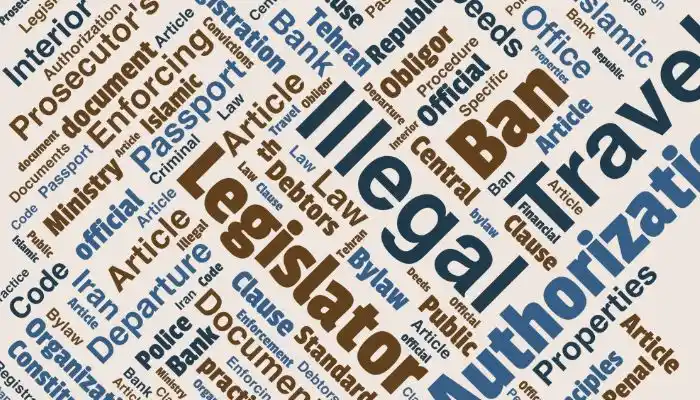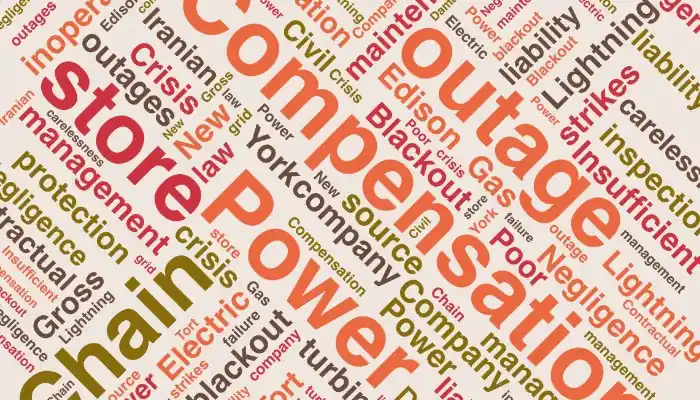The legislator has authorized the prevention of the departure of debtors and offenders mentioned in Article 17 of the Passport Law enacted in 1972, according to regulations and provisions that are to be specified in the relevant executive bylaw. However, the executive bylaw has not yet been approved. Therefore, preventing the departure of the aforementioned individuals based on this article is not feasible. Moreover, clause “q” of Article 1 of the Executive Bylaw for Enforcing Official Documents is merely in the position of defining the term “travel ban” and does not imply the authorization to impose a travel ban on the obligor of the official document.
On the other hand, according to the Legal Bill on the Prohibition of Departure of Bank Debtors enacted in 1980, the authority to request a travel ban for bank debtors lies with the Central Bank, which must submit this request to the Tehran Public Prosecutor’s Office. However, the request for a travel ban on bank debtors by the Registration Organization of Deeds and Properties and its enforcement by the Ministry of Interior and the Islamic Republic of Iran Police has become a standard practice, system, and regulation, which is contrary to the law. This is because, according to principles 22 and 33 of the Constitution of the Islamic Republic of Iran, clause h of Article 23 and Article 34 of the Islamic Penal Code enacted in 2013, clause th of Article 247 and Article 248 of the Criminal Procedure Code enacted in 2013, and Article 23 of the Law on Enforcement of Financial Convictions of 2015, imposing a travel ban on individuals constitutes depriving them of their social rights. Therefore, it appears that until the specific bylaw of Article 17 of the Passport Law is approved, bank debtors cannot be subjected to a travel ban upon the request of the Registration Organization of Deeds and Properties.




